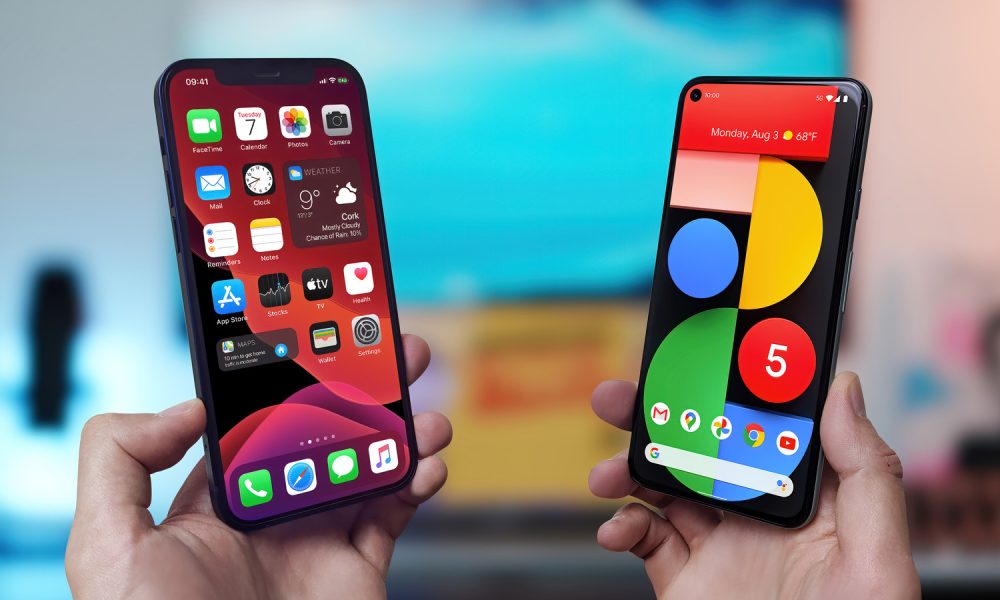Technology has become a huge part of our daily lives. From the smartphones in our pockets to the cars we drive and the gadgets in our homes, we rely on technology for practically everything these days. But what exactly is technology? And how has it evolved to play such a major role in our modern world?
What Is Technology?
In simple terms, technology refers to tools, machines, and techniques that help solve problems or make life easier. Technology uses scientific knowledge to invent and create new devices, systems, and methods. Some examples of technologies we use every day include:
Computers and smartphones
Internet and mobile networks
Household appliances like refrigerators, microwaves, and washing machines
Modes of transportation like cars, trains, airplanes
Medical equipment and treatments
Communication technologies like telephones, TV, radio
The origins of technology go back to prehistoric times when our ancestors began creating tools from stone, wood, and other materials to aid with tasks like hunting, gathering food, and constructing shelters. Later advancements like the wheel, the printing press, electricity, engines, and eventually electronic computers laid the foundation for our highly technological modern society.

How Technology Has Evolved
Technology has continually evolved and rapidly advanced throughout human history. Pivotal moments of progress in recent centuries include:
The Industrial Revolution (1700s-1800s)
Innovations in manufacturing and production with machines powered by engines, fossil fuels, electricity
Agricultural, mining, and transportation advancements
The Second Industrial Revolution (Late 1800s-Early 1900s)
Development of the internal combustion engine, telephone, light bulb, phonograph
The dawn of mass production and the assembly line
The Digital Revolution (1950s-Present)
Invention of the transistor, microchip, personal computer, mobile devices
Rise of digital technologies, the internet, and information technology
Today’s Modern Technologies
Thanks to the rapid pace of innovation, new technological advances emerge practically every day. Some of the most cutting-edge technologies being developed or improved include:
Artificial intelligence (AI) and machine learning
Allowing software and machines to process information and learn on their own
Virtual and augmented reality
Creating immersive simulated and enhanced digital experiences
Automation and robotics
Enabling machines to perform tasks automatically with little human assistance
Biotechnology and nanotechnology
Manipulating living things and breaking down materials on an atomic scale
Renewable energy sources
Harnessing power from natural sources like the sun, wind, and plants
3D printing
Using digital files to print physical 3D objects from various materials
While these technologies offer many potential benefits for society, they also raise new ethical questions and challenges that scientists, policymakers, and the public continue to grapple with.
How Technology Impacts Our Lives
It’s hard to overstate just how much technology now shapes and influences our daily existence. Here are some of the key ways: READ FULL STORY HERE>>>CLICK HERE TO CONTINUE READING>>>
Communication
Mobile phones, video calls, messaging apps, email, and social media all powered by digital technologies have radically transformed how humans communicate and share information across the globe instantaneously.
Work
Innovations like computers, software programs, robots, and the internet have automated many manual labor tasks while creating entirely new types of technology jobs and remote work opportunities.
Education
Schools and universities now rely heavily on educational technologies like online courses, video lectures, learning apps and games, digital whiteboards, and more to enhance the teaching and learning experience.
Entertainment
Our ability to stream movies and shows, play immersive video games, and share entertaining content on social platforms is all made possible by advances in digital media, graphics, and online technologies.
Health Care
Medical technologies such as diagnostic tools, surgical robots, telehealth, fitness trackers, prosthetics, and regenerative therapies can extend life, treat diseases more effectively, and promote healthier living.
Transportation
Technologies like electric vehicles, driver-assistance systems, ride-sharing apps, and GPS navigation are making transportation easier, more eco-friendly, and more autonomous.
Daily Conveniences
From smart home systems to food delivery apps to digital payments, technology provides countless conveniences that simplify our daily routines and lives.
While technology has certainly made many aspects of modern living easier and more efficient, it has also introduced some new challenges we must learn to navigate:

– Privacy and security risks with personal data being tracked and hacked
– Unhealthy overuse and addiction to devices and the internet
– Job losses due to automation and AI replacing human workers
– Misinformation and cyberbullying enabled by social media
– Environmental impacts of electronic waste and energy usage
– Widening digital divide between technology haves and have-nots
The Future of Technology
Looking ahead, the rapid pace of technological progress shows no signs of slowing down. The continued convergence of fields like artificial intelligence, data science, nanotechnology, robotics, and quantum computing is expected to bring about even more transformative and disruptive technologies that could fundamentally alter how we live, work, and function as a society.
Some potential future developments being imagined by scientists and futurists include:
Self-driving vehicles becoming the norm
Widespread use of renewable and sustainable energy sources
Virtual reality and human-machine integration with wearables
A.I. and robots capable of sensing emotions and feelings
Lab-grown organs and body parts
Gene editing to prevent inherited diseases and extend lifespan
While these technologies could offer solutions to major global challenges like disease, energy needs, food production and help improve many aspects of daily life, they will also create new economic disruptions, ethical dilemmas, and unintended consequences that society will need to address.
Preparing For a Tech-Driven World
As technology continues rapidly evolving and reshaping our world, it’s crucial that governments, businesses, educational systems, and the general public prioritize accessible technology training, STEM education, and career skills to keep pace with the changing workforce demands.
Experts warn of a looming shortage of qualified technology workers to fill jobs in fields like cybersecurity, data analysis, cloud computing, and artificial intelligence development as these technologies grow and industries become more digitized.
Educational programs, from childhood through adulthood, will need to emphasize analytical thinking, digital literacy, coding skills, and cultivating a strong foundation in science, technology, engineering, and math to prepare students for the careers of the future.
On a societal level, developing ethical guidelines, policies, and smart regulation around data privacy, artificial intelligence, biotechnology, and automation will be essential to manage the widespread impacts these world-changing technologies are already starting to have.
Love it or hate it, technology is deeply interwoven into practically every aspect of modern life as we know it. While technological advancement has greatly improved the world in many ways, it has also created new challenges that will require society to adapt in return. As emerging technologies continue rapidly reshaping our reality, it will be crucial for all of us to thoughtfully chart a wise path forward into this ever-evolving tech-driven world.

 SPORTS11 months ago
SPORTS11 months ago
 IN-THE-NEWS7 months ago
IN-THE-NEWS7 months ago
 METRO10 months ago
METRO10 months ago
 METRO11 months ago
METRO11 months ago
 SPORTS11 months ago
SPORTS11 months ago
 IN-THE-NEWS7 months ago
IN-THE-NEWS7 months ago
 SPORTS10 months ago
SPORTS10 months ago
 SPORTS11 months ago
SPORTS11 months ago




